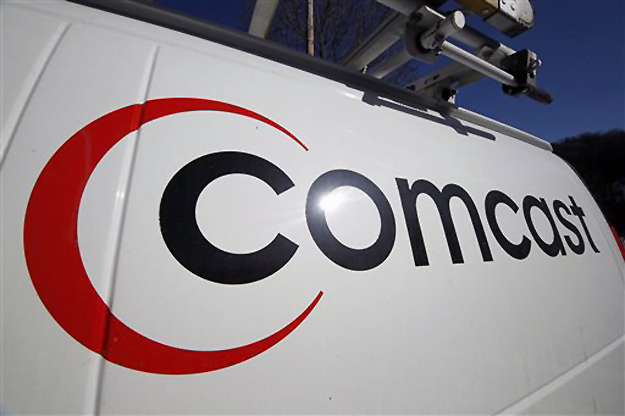Well, would you look at Comcast getting all feisty in the face of competition! The cable giant announced on Thursday that it’s going to start offering a new service capable of delivering speeds of up to 2Gbps in the Atlanta metro area starting next month. What makes this even more impressive is that the service will be symmetrical, which means that you’ll get maximum download and upload speeds of 2Gbps.
DON’T MISS: Dual-core iPhone 6 graphics performance crushes Samsung’s octa-core Galaxy S6
Atlanta, of course, is one of the cities where Google Fiber announced that it would expand to earlier this year. However, Comcast says that it doesn’t just plan to offer this service only in markets where Google Fiber is landing. The Verge writes that “Comcast plans to expand to other cities beyond Atlanta and will cover as many as 18 million American homes by the end of 2015” and that it is also working on delivering a 1Gbps service that will cover every customer in its footprint.
The big elephant in the room here is price — Comcast announced no details on what this new service will cost and the company has been known to charge wallet-incinerating prices for high-speed connections in the past. In 2012, for example, it unveiled a 305Mbps service that cost an insane $300 month. Google Fiber, in contrast, charges $70 a month for 1Gbps Internet service.
Nonetheless, it’s a positive development to see ISPs really stepping up their games when it comes to network upgrades. It seems like not so long ago that Time Warner Cable was insisting that its customers didn’t really want fast speeds like the ones Google Fiber was offering, so this is definite progress.






